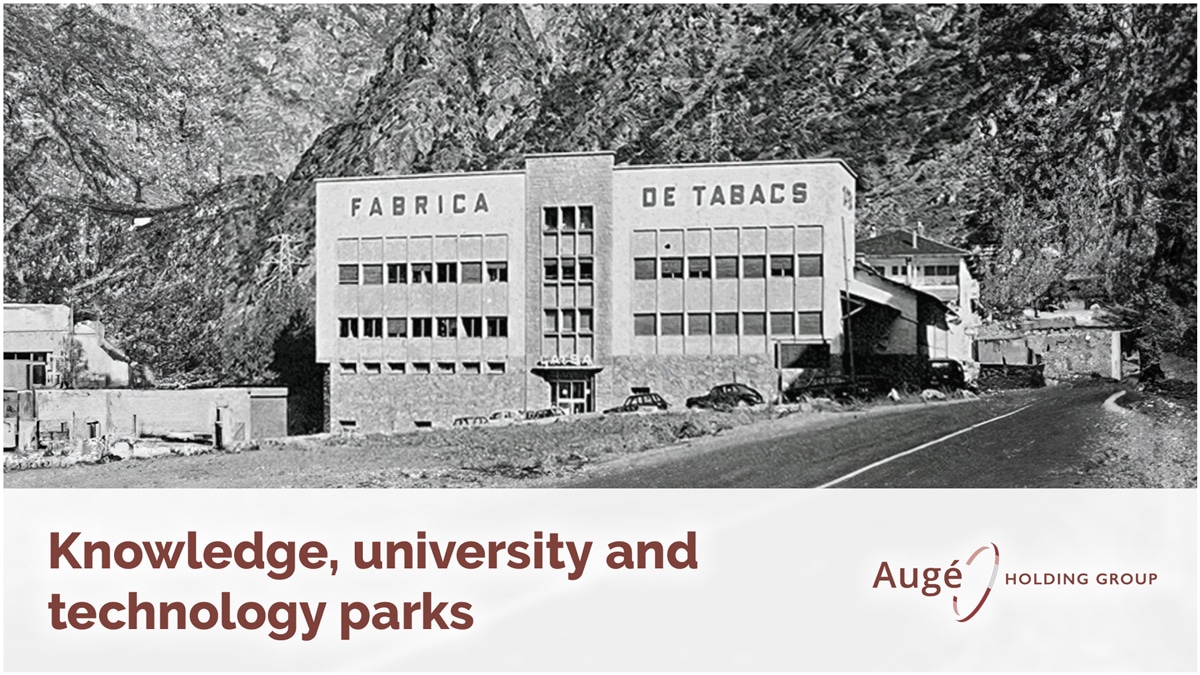Table of contents
ToggleThe benefits and drawbacks of online and offline university education
For years, I have dedicated my time to consistently express my perspective on the importance of education in all its forms for any society, including Andorra. In fact, reviewing my personal archive of articles written at the beginning of the 2015-19 and 2019-2023 legislative terms, I emphasize the contributions that education, especially vocational and university education, can make. It’s fascinating how time passes, yet the message from eight years ago remains relevant. Since then, what has mainly happened is the emergence of two international schools to cater to the growing expatriate community, the establishment of four online universities, a physical hospitality and tourism school, and, of course, the growth of the University of Andorra to the extent that it requires a larger space and has started attracting international students, leading to the need for student residences.
The question we need to ask ourselves now is whether this predominantly “online” educational approach is sufficient for the prosperous development of the education sector in Andorra and, above all, if it is the most effective for the social and economic progress of the country.
To begin with, it is evident that over the years, Andorra has developed an educational strategy adapted to the country’s specific circumstances, including population size, territory, and its geographical location between Spain and France. The variety of educational options in terms of primary and secondary education, with Andorran, French, Spanish, confessional, and private international systems, currently caters to an increasingly diverse demand stemming from the growth of the national and foreign population. We can say that there are approximately 11,000 students enrolled up to secondary education, representing around 14% of the population in a country with 80,000 inhabitants. This proportion is similar to that of Catalonia, with one million students and a population of 7.7 million.
However, in the field of university studies, Andorra has historically sent students abroad due to the lack of diversified offerings within the country. In recent years, though, thanks to efforts to improve the educational offerings of the University of Andorra and the arrival of several online universities such as Carlemany University, European University, Humanium International University, and recently Western Europe University, there has been an increase in the number of university students. Nevertheless, out of the 1,635 university students in the country in 2020, only around 675 were enrolled in Andorra, while the rest were distributed among Spain (785), France (160), and other countries (15). In the 2022/23 academic year, the new private online universities have contributed around 800 students, in addition to the 670 enrolled in the physical university.
The question is whether a predominantly online educational model, even if flexible and accessible, can be sufficient to promote a comprehensive and sustainable development of Andorra’s university ecosystem. In this regard, it is necessary to consider the international context and the opportunities that arise to attract renowned institutions with global recognition through strategic partnerships and agreements with neighboring countries and other European Union countries. Additionally, the creation of high-quality face-to-face academic programs in strategic areas such as technology, health, engineering, and tourism can be key to attracting international students and raising the profile of Andorra as an educational destination.
In summary, it is crucial to seek an appropriate balance between online education and face-to-face education to meet the needs of students and promote the social and economic development of Andorra. Online education offers flexibility and accessibility, but face-to-face education provides the learning experience in a physical environment, fosters social interaction, and can attract foreign students. It is important to consider opportunities for international collaboration and automatic recognition of degrees to attract renowned institutions and strengthen the country’s education sector.
The Management





